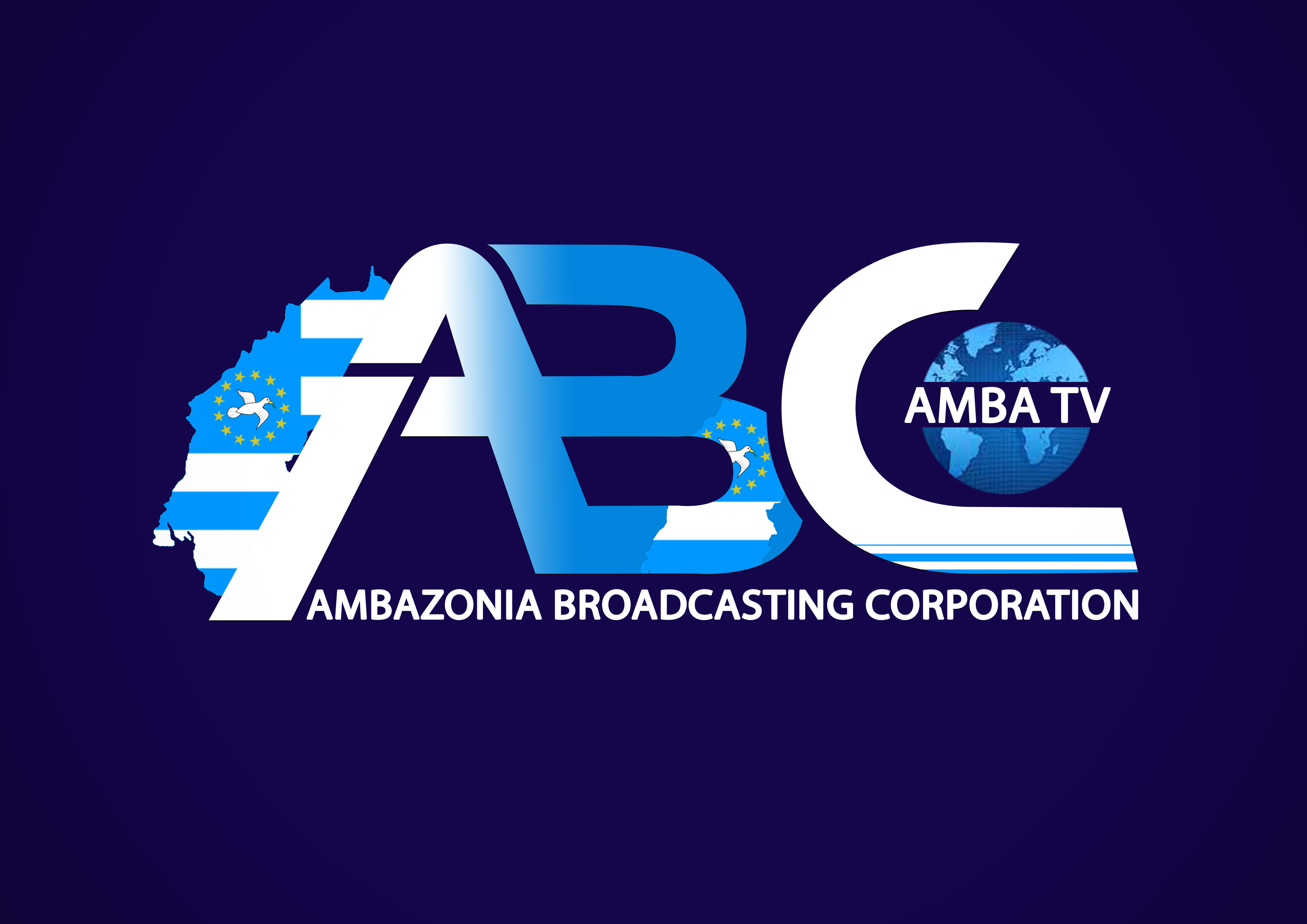
AFRICAN REPORT: NIGERIAN ELECTIONS
Nigerian citizens term INEC results false share series of videos online.
The 2023 Nigerian elections were held on 25 February. The Presidential candidates were voted for, amongst senates and House of Representatives, with incumbent President Muhammadu Buhari being term-limited and ineligible to run. Videos of electoral violence erupted in different parts of the nation especially in the popular and populous states of Rivers and Lagos, from some of the videos you hear series of violence and monotony of votes enforced by violence still, that people weren’t allowed to capture on video, as they were threatened as well..
In this video we saw online you can hear the man saying they told him to go to his village if he wanted to vote for the labor party presidential candidate Peter Obi. Hear it from the horse’s mouth as he laments. Interestingly in some other parts of the country, Bayelsa to be exact, people were not allowed their rights to vote as no inec official was sent to their polling units. This caused the people of Bayelsa Nigeria to March the state protesting for their rights to exercise their civic responsibilities of voting.
A lot of persons have opined that the elections are already rigged, due to a lot of inconsistencies including live votes and final results televised differing. Here are a few reactions to this effects from Nigerians that we got online. The voice of the peoples from Nigeria have stormed the internet so much in the last few days that we couldn’t skip, but take an in-depth look at what’s really happening there.. Not forgetting we told you before that the presidential elections in Nigeria has a lot of international interests involved.. as it is indeed the giant of Africa.
Meanwhile
The European Union Election Observation Mission to Nigeria Monday issued its first report in which it catalogued how Saturday’s presidential and national assembly elections in Nigeria were bungled and highlighted the massive failures of the umpire, INEC. In the report, the EU election observers said, “INEC lacked efficient planning and transparency during critical stages of the electoral process, while on election day trust in INEC was seen to further reduce due to delayed polling processes and information gaps related to much anticipated access to results on its Results Viewing Portal (IReV).”
They added that, “During the early stages of collation, presidential result forms from polling units were not displayed on the IReV, while Senate and House of Representative results were slowly published. Presidential election result forms started to be uploaded after 10 pm on election day, raising concerns and reaching only 20 per cent by noon on 26 February. Later the same evening, INEC explained the delay with “technical hitches.”


